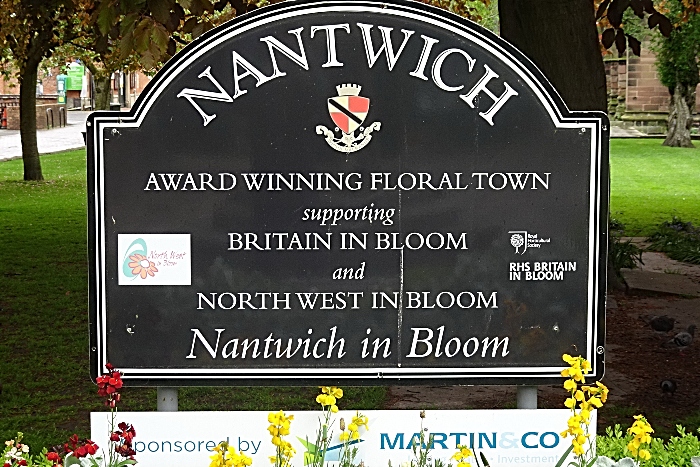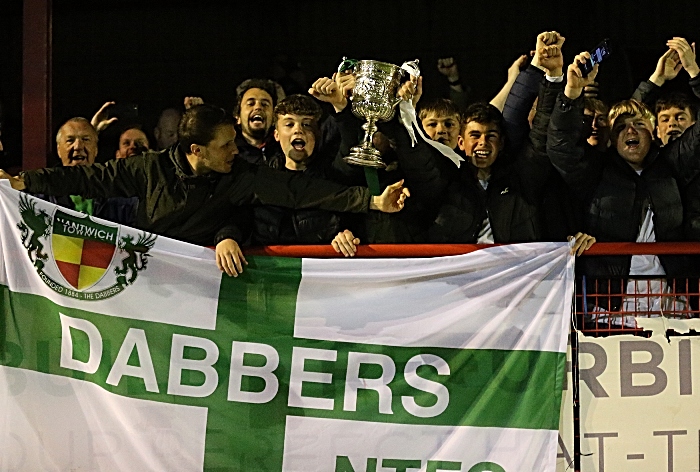
Dear Editor
A person born in Nantwich is called a DABBER.
“You can always tell a Dabber, but you can’t tell them much?”
But which of the following below is your readership’s preferred derivation?
A few years ago, the Nantwich Historical Society chose No.14 as their best derivation.
1. To seal a contract agreement on market days, each person DABBED open hands.
2. To DAB a bet especially during races on the Barony circa 1729.
3. To DAB a thumb print on a document or letter, to sign, it if one couldn’t read or write one’s name.
4. To be a DAB hand at an activity is to be good at it.
5. Tudor buildings contained wattle and daub – the builder was a DAUBER.
6. To fight – to put up your DABS or fists.
7. To DAB currants on the outside of a bun or cake – to press them into the dough.
8. To soften leather to make gloves or bags – one could use a small hammer or DAB.
9. To DAB a hide into a tank of tannic acid during the making of leather.
10. To DAB lime on to the branch of a tree to catch birds for caging.
11. To keep out of sight of gamekeepers while poaching – “DAB thee down, feyther”.
12. To DAB old clothes for renovating or repairing and to pass them on to a person in need.
13. To catch fish (DABS) in the River Weaver while angling.
14. To use a DAB or large flat wooden spatula to scoop froth/impurities off the lead pans and to squash the wet salt during the walling process. Making salt from brine.
15. or any other relevant suggestion?…which is most appropriate in Nantwich?
Regards
Jonathan White


















This is a version that I remember being said in my younger days, whether there is anything in it I don’t know.
“Brine pits had larch wood poles immersed in the solution and these were dabbed or dabbled frequently to assist in the crustation of the salt on them.
The poles were then withdrawn and the salt knocked off them.
The workers were then called Dabblers or Dabbers”.